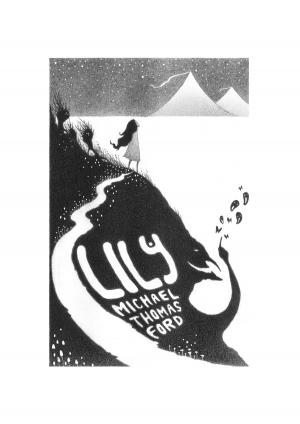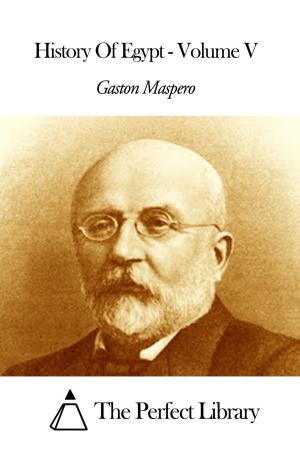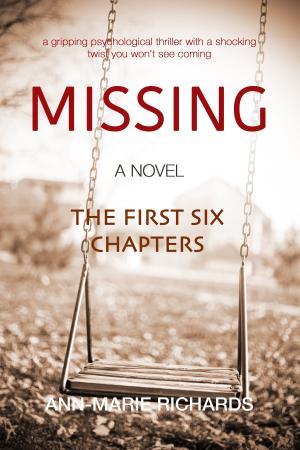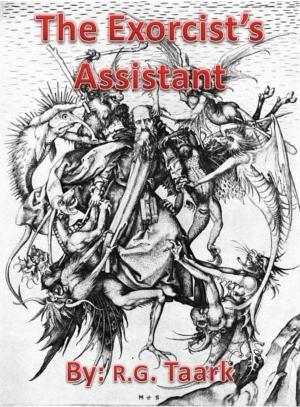| Author: | Alexander Goldstein | ISBN: | 9780463007129 |
| Publisher: | Alexander Goldstein | Publication: | August 7, 2018 |
| Imprint: | Smashwords | Language: | English |
| Author: | Alexander Goldstein |
| ISBN: | 9780463007129 |
| Publisher: | Alexander Goldstein |
| Publication: | August 7, 2018 |
| Imprint: | Smashwords |
| Language: | English |
Since ancient times, the writings on the art of relations between men and women have been circulated all over the world. Cervantes wrote, and so did Boccaccio, out of the sheer delight of creation. We find there many prescriptions that are correct and useful for the human body and spirit manifested in the realm of sexual life.
The rules and methods of the so-called 'Oriental Erotica' are a part of the world's cultural heritage, and so I thought to make my own modest contribution to this critical side of human life.
In Daoism and Zen Buddhism, for example, as in some other eastern religions, such as Tantrism, we find a very different attitude to sexual life. Many Chinese novels, like the tales of Boccaccio, have accused the monks and nuns of immorality. This is based on the universal human delight taken in exposing all forms of hypocrisy. It is natural and comfortable therefore to make Casanovas of Chinese monks, provided with witchcraft and secret aphrodisiacs. There are actual cases, in certain parts of the coastal provinces of China, for example, where a nunnery is but a brothel, but on the whole, the charge is unfair, and most monks are good, retiring, polite, and well-behaved people who perceive the Daoist bedchamber art very seriously, at the level of secret alchemy. So, any Don Juan exploits are limited to transgressing individuals and are grossly exaggerated in novels for a juicy but shallow effect. Besides, this misjudgment is because of the failure to see the connection between sex and religion in the Far-eastern region. For the Daoist and Zen Buddhist monks sex is the herald of that inscrutable, always only full of original properties of being, to which all their efforts to nurture life are well directed. They recognize sexuality as the natural part of human character, to renounce it is utterly unreasonable and even harmful. On the other part, however, it is just as foolish and fatal as to be a blind slave to one's passions. The bodily solaces are genuinely accessible to a mature and wise soul only. As the Swiss psychologist, Carl Jung states, "Man is equally used to live with his inherent instincts and overcome them." Hence, we can conclude that the inherent relaxation does not deny self-control, but, actually, only thanks to it, this intrinsic relaxation becomes possible. Daoism and Zen teach us, first of all, to accept the feeling like a genuinely integral element of life; and, like life itself, the sense, in the eyes of them, justifies itself and finds in itself the strength and power for any further creative growth. A sagely minded man, according to the ancient thinker Zhuang-zi (4th century BCE), does not see with his eyes, and does not listen to with his ears, and does not rely on his mind, but entrusts himself to his spiritual desire. Identification in oneself this genuine desire, which is like life itself, has neither beginning nor ending, and free from any burden of attachment to any object, remaining to be crystal-clear, like the Great Emptiness or the Dao itself, is the ultimate goal of the Daoist and Zen asceticism. Cultivation of senses imposed by the conventions of civilization is replaced by the Daoists with their concept of awareness through cultivating the real feeling. And love that is made between a man and a woman is the best remedy for that.
This book purpose is to add some additional details, fill in the gaps and make it a favorite reference for those who seek to achieve the fullest satisfaction in their sexual life. Yes, it is so powerful and so dangerous transformation; and this book is a good pattern of merging the sexual practice with the Daoist tradition of internal alchemy -- a striking example of the Oriental culture maturity.
Since ancient times, the writings on the art of relations between men and women have been circulated all over the world. Cervantes wrote, and so did Boccaccio, out of the sheer delight of creation. We find there many prescriptions that are correct and useful for the human body and spirit manifested in the realm of sexual life.
The rules and methods of the so-called 'Oriental Erotica' are a part of the world's cultural heritage, and so I thought to make my own modest contribution to this critical side of human life.
In Daoism and Zen Buddhism, for example, as in some other eastern religions, such as Tantrism, we find a very different attitude to sexual life. Many Chinese novels, like the tales of Boccaccio, have accused the monks and nuns of immorality. This is based on the universal human delight taken in exposing all forms of hypocrisy. It is natural and comfortable therefore to make Casanovas of Chinese monks, provided with witchcraft and secret aphrodisiacs. There are actual cases, in certain parts of the coastal provinces of China, for example, where a nunnery is but a brothel, but on the whole, the charge is unfair, and most monks are good, retiring, polite, and well-behaved people who perceive the Daoist bedchamber art very seriously, at the level of secret alchemy. So, any Don Juan exploits are limited to transgressing individuals and are grossly exaggerated in novels for a juicy but shallow effect. Besides, this misjudgment is because of the failure to see the connection between sex and religion in the Far-eastern region. For the Daoist and Zen Buddhist monks sex is the herald of that inscrutable, always only full of original properties of being, to which all their efforts to nurture life are well directed. They recognize sexuality as the natural part of human character, to renounce it is utterly unreasonable and even harmful. On the other part, however, it is just as foolish and fatal as to be a blind slave to one's passions. The bodily solaces are genuinely accessible to a mature and wise soul only. As the Swiss psychologist, Carl Jung states, "Man is equally used to live with his inherent instincts and overcome them." Hence, we can conclude that the inherent relaxation does not deny self-control, but, actually, only thanks to it, this intrinsic relaxation becomes possible. Daoism and Zen teach us, first of all, to accept the feeling like a genuinely integral element of life; and, like life itself, the sense, in the eyes of them, justifies itself and finds in itself the strength and power for any further creative growth. A sagely minded man, according to the ancient thinker Zhuang-zi (4th century BCE), does not see with his eyes, and does not listen to with his ears, and does not rely on his mind, but entrusts himself to his spiritual desire. Identification in oneself this genuine desire, which is like life itself, has neither beginning nor ending, and free from any burden of attachment to any object, remaining to be crystal-clear, like the Great Emptiness or the Dao itself, is the ultimate goal of the Daoist and Zen asceticism. Cultivation of senses imposed by the conventions of civilization is replaced by the Daoists with their concept of awareness through cultivating the real feeling. And love that is made between a man and a woman is the best remedy for that.
This book purpose is to add some additional details, fill in the gaps and make it a favorite reference for those who seek to achieve the fullest satisfaction in their sexual life. Yes, it is so powerful and so dangerous transformation; and this book is a good pattern of merging the sexual practice with the Daoist tradition of internal alchemy -- a striking example of the Oriental culture maturity.











![Cover of the book John Barleycorn or Alcoholic Memoirs [Full Classic Illustration]+[Free Audio Book Link]+[Active TOC] by Alexander Goldstein](https://www.kuoky.com/images/2012/november/300x300/1230000037604-aJvv_300x.jpg)



